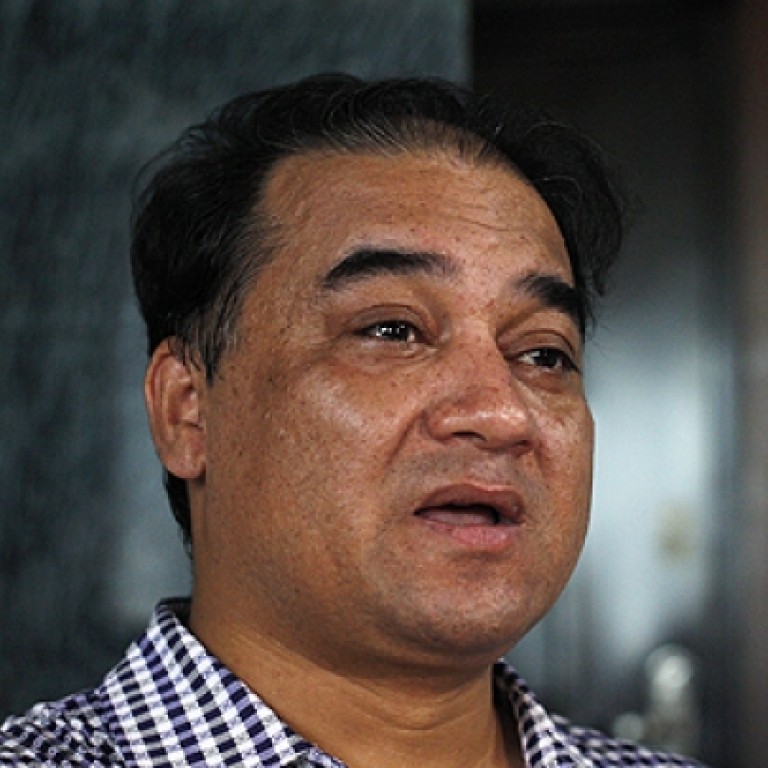
Uygur scholar Ilham Tohti slams repression of ethnic minority
An outspoken advocate for China’s Muslim Uygur minority criticised the government on Friday at a time of heightened sensitivities because of recent unrest, saying its stifling security presence has fanned ethnic discord in his far western homeland.
The comments by Uygur scholar Ilham Tohti, as well as his allegations that 34 Uygurs remain missing after a previous crackdown, came on the fourth anniversary of massive ethnic riots that rocked the Xinjiang regional capital. His critique of Beijing’s policies was unusually bold for an activist based on the mainland, rather than overseas, at a time when authorities are on high alert and have responded to such critics with detentions.

Tohti said tensions will continue to boil over into violence as long as the government maintains its tight controls over the region and fails to address the Uygur minority group’s complaints of discrimination and marginalisation.
“Every time something happens, the government responds with one word: pressure. High pressure, high pressure, and even greater pressure. This leads to greater resistance and more conflict,” Tohti said by phone. “The government should reflect and take responsibility for what is happening in Xinjiang now and in the future.”

Authorities have blamed the unrest on “terrorism, extremism and separatism”, ordered the confiscation of long knives, guns and other weapons and offered rewards for tips on suspected terrorist activity. In what was described as counter-terror efforts, police also publicised a list of names and pictures of 11 Uygur men it described as suspects wanted for murder and other attacks dating back to 2011.
Tohti said the lack of transparency surrounding the recent unrest and controls on independent reporting from the region make it difficult to determine what the true nature of the violence has been. He said that local frustration with Beijing’s policies has fuelled the unrest in part.
“The government should know that in Xinjiang there is a peaceful resistance to violence, as well as a violent struggle against violence. Some of it has nothing to do with terrorism or separatism,” Tohti said.
“A lot of people just cannot go on this way. They can’t turn to legal channels or the media; they have no way to protect their own rights or express themselves. What are they supposed to do? Some of them choose confrontation and agitation,” he said.
Tohti is a Beijing-based economist from Xinjiang who was speaking on the fourth anniversary of the July 2009 riots in Urumqi, which killed nearly 200 people and marked Xinjiang’s worst ethnic violence in over a decade.
That violence began as Uygurs protested the deaths of Uygur factory workers in southern China and then clashed with police. The crowd scattered throughout the city, attacking majority Han Chinese, overturning and burning buses and cars and torching shops. Nearly 200 people, mostly Hans, were killed, according to the government. Two days later, Uygurs were targeted in revenge attacks.
On his website, Tohti posted a letter on Friday addressed to China’s rubber-stamp legislature, the National People’s Congress, and China’s Cabinet, the State Council, in which he compiled a list of 34 Uygurs who remain missing after authorities launched an expansive crackdown in response to the 2009 riots. He said the authorities’ persistent lack of accountability over the crackdown has fuelled hatred toward the government.
China defends its treatment of minorities, saying all ethnic groups are treated equally and that tens of billions of dollars in investment and aid have dramatically raised their living standards.
